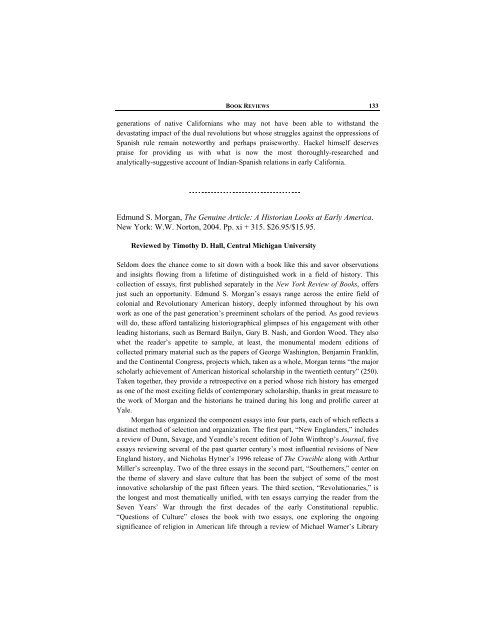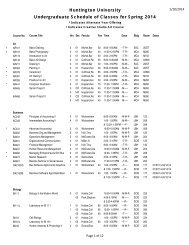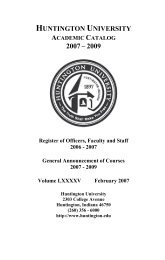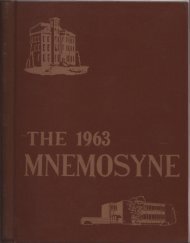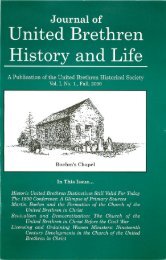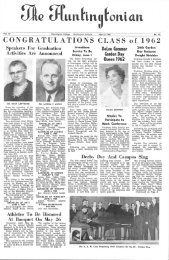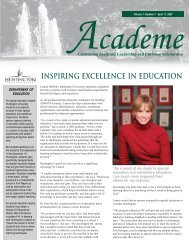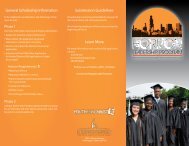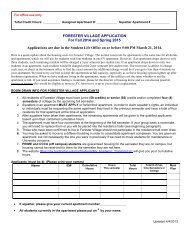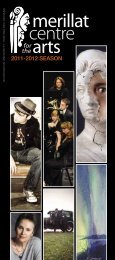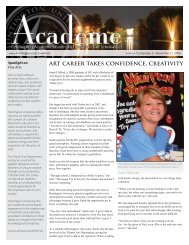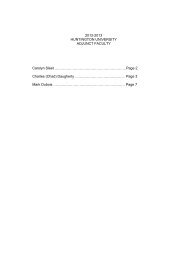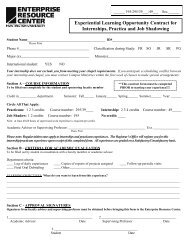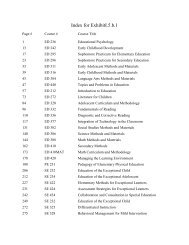Gillian Clark, Christianity and Roman Society - Huntington University
Gillian Clark, Christianity and Roman Society - Huntington University
Gillian Clark, Christianity and Roman Society - Huntington University
Create successful ePaper yourself
Turn your PDF publications into a flip-book with our unique Google optimized e-Paper software.
BOOK REVIEWS 133<br />
generations of native Californians who may not have been able to withst<strong>and</strong> the<br />
devastating impact of the dual revolutions but whose struggles against the oppressions of<br />
Spanish rule remain noteworthy <strong>and</strong> perhaps praiseworthy. Hackel himself deserves<br />
praise for providing us with what is now the most thoroughly-researched <strong>and</strong><br />
analytically-suggestive account of Indian-Spanish relations in early California.<br />
Edmund S. Morgan, The Genuine Article: A Historian Looks at Early America.<br />
New York: W.W. Norton, 2004. Pp. xi + 315. $26.95/$15.95.<br />
Reviewed by Timothy D. Hall, Central Michigan <strong>University</strong><br />
Seldom does the chance come to sit down with a book like this <strong>and</strong> savor observations<br />
<strong>and</strong> insights flowing from a lifetime of distinguished work in a field of history. This<br />
collection of essays, first published separately in the New York Review of Books, offers<br />
just such an opportunity. Edmund S. Morgan’s essays range across the entire field of<br />
colonial <strong>and</strong> Revolutionary American history, deeply informed throughout by his own<br />
work as one of the past generation’s preeminent scholars of the period. As good reviews<br />
will do, these afford tantalizing historiographical glimpses of his engagement with other<br />
leading historians, such as Bernard Bailyn, Gary B. Nash, <strong>and</strong> Gordon Wood. They also<br />
whet the reader’s appetite to sample, at least, the monumental modern editions of<br />
collected primary material such as the papers of George Washington, Benjamin Franklin,<br />
<strong>and</strong> the Continental Congress, projects which, taken as a whole, Morgan terms “the major<br />
scholarly achievement of American historical scholarship in the twentieth century” (250).<br />
Taken together, they provide a retrospective on a period whose rich history has emerged<br />
as one of the most exciting fields of contemporary scholarship, thanks in great measure to<br />
the work of Morgan <strong>and</strong> the historians he trained during his long <strong>and</strong> prolific career at<br />
Yale.<br />
Morgan has organized the component essays into four parts, each of which reflects a<br />
distinct method of selection <strong>and</strong> organization. The first part, “New Engl<strong>and</strong>ers,” includes<br />
a review of Dunn, Savage, <strong>and</strong> Ye<strong>and</strong>le’s recent edition of John Winthrop’s Journal, five<br />
essays reviewing several of the past quarter century’s most influential revisions of New<br />
Engl<strong>and</strong> history, <strong>and</strong> Nicholas Hytner’s 1996 release of The Crucible along with Arthur<br />
Miller’s screenplay. Two of the three essays in the second part, “Southerners,” center on<br />
the theme of slavery <strong>and</strong> slave culture that has been the subject of some of the most<br />
innovative scholarship of the past fifteen years. The third section, “Revolutionaries,” is<br />
the longest <strong>and</strong> most thematically unified, with ten essays carrying the reader from the<br />
Seven Years’ War through the first decades of the early Constitutional republic.<br />
“Questions of Culture” closes the book with two essays, one exploring the ongoing<br />
significance of religion in American life through a review of Michael Warner’s Library


